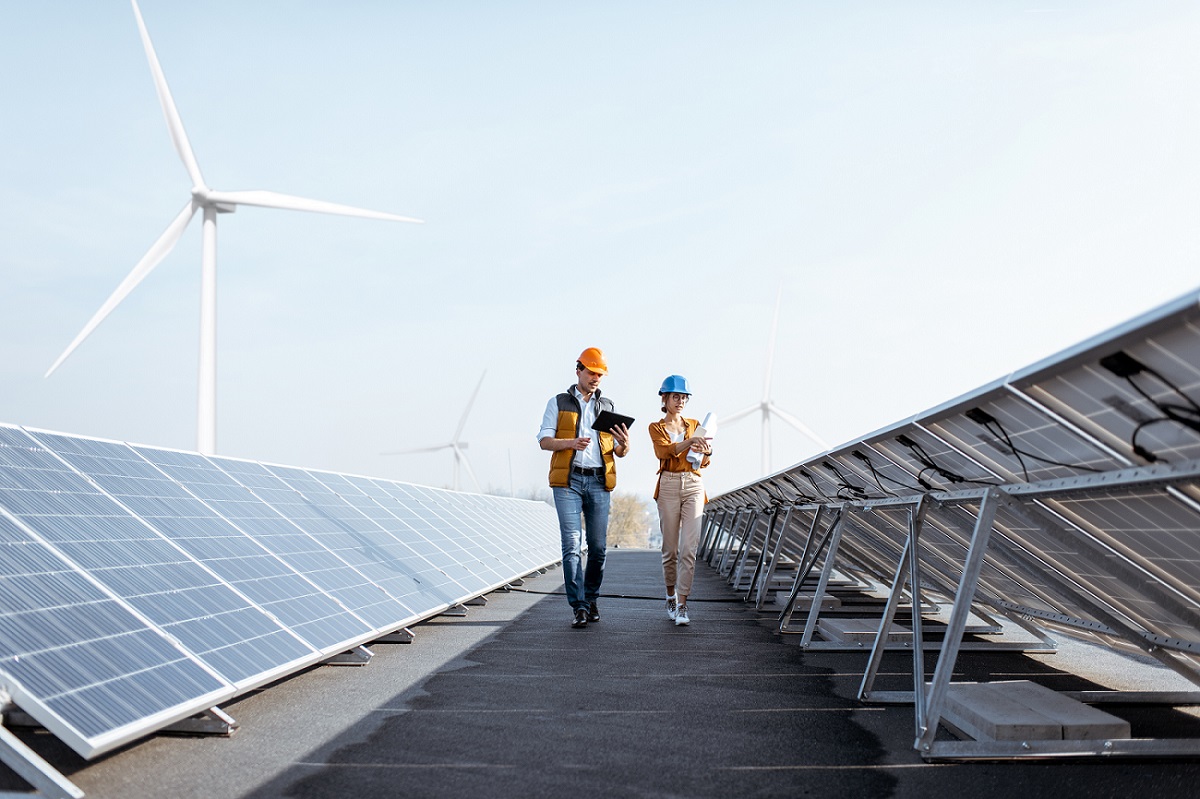According to Johan Geeroms, we must also take advantage of the current energy crisis to accelerate the energy transition. “There is a risk that the greening battle will falter in the wake of current energy concerns. In order to anchor climate policy in society, we are advocating for the creation of a new allocation: financial assistance for energy. Think of this aid as a kind of kitty that is subsidized by the government. The amount that households save on their energy consumption goes into an energy savings account and the government tops it up (depending on household income). We are thus killing two birds with one stone: stimulating energy-saving behavior while enabling low-income households to build up financial reserves. »
Concretely: “The simplest approach for such an energy savings regime would be to base it on the energy consumption of previous years. Deduct 25% and base the remuneration on the result. The closer the energy consumption is to the standard of 75%, the higher the remuneration,” explains Geeroms.



